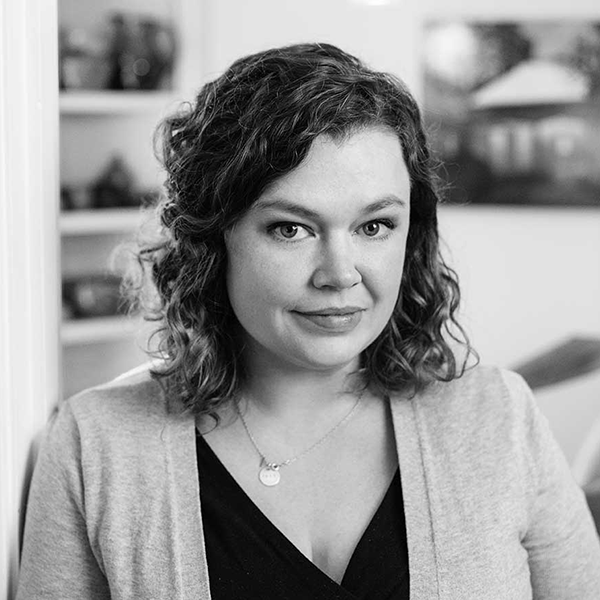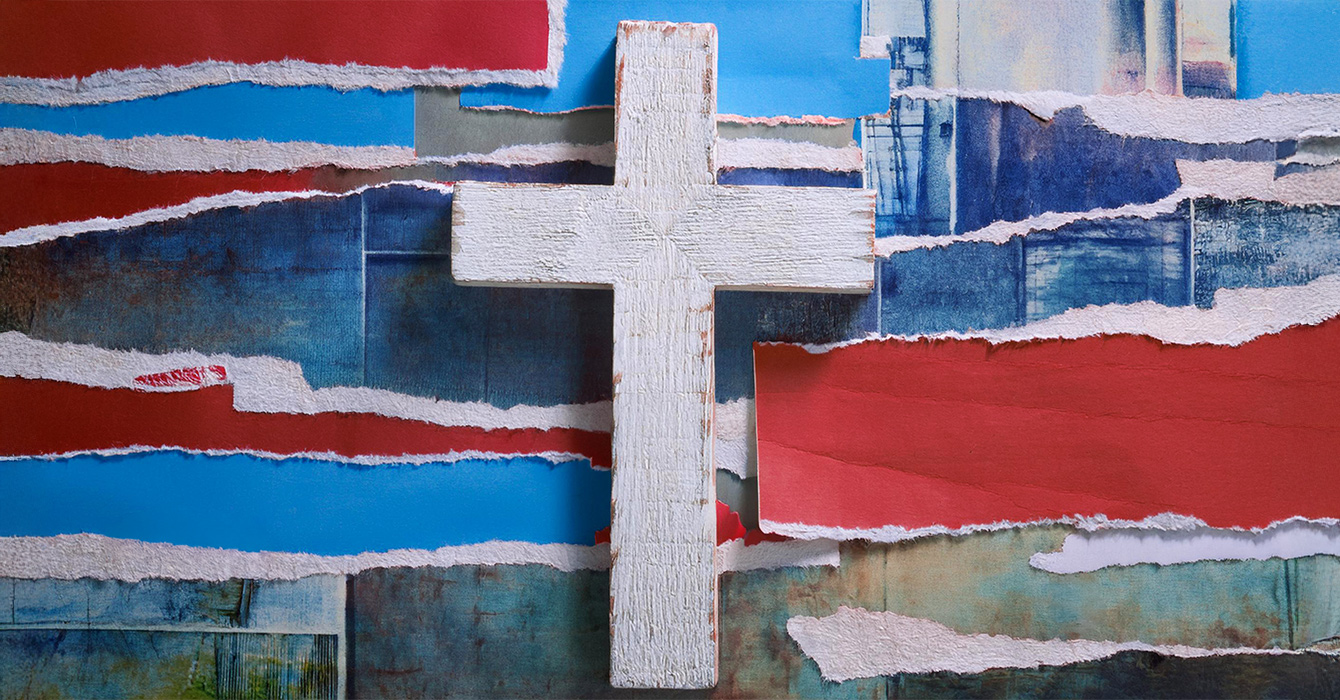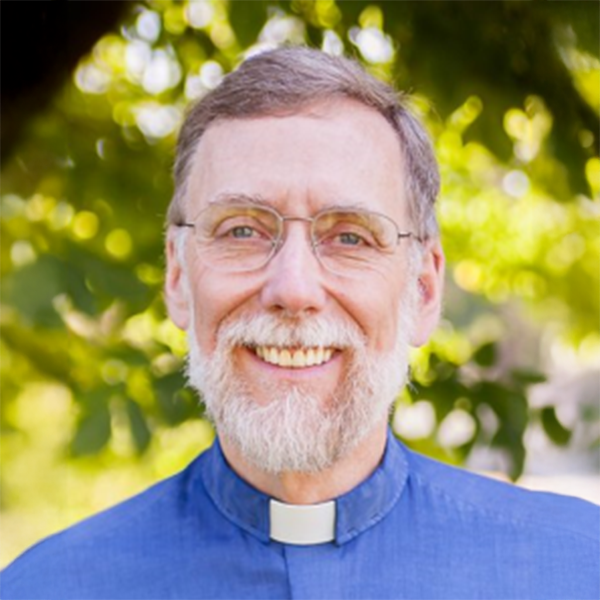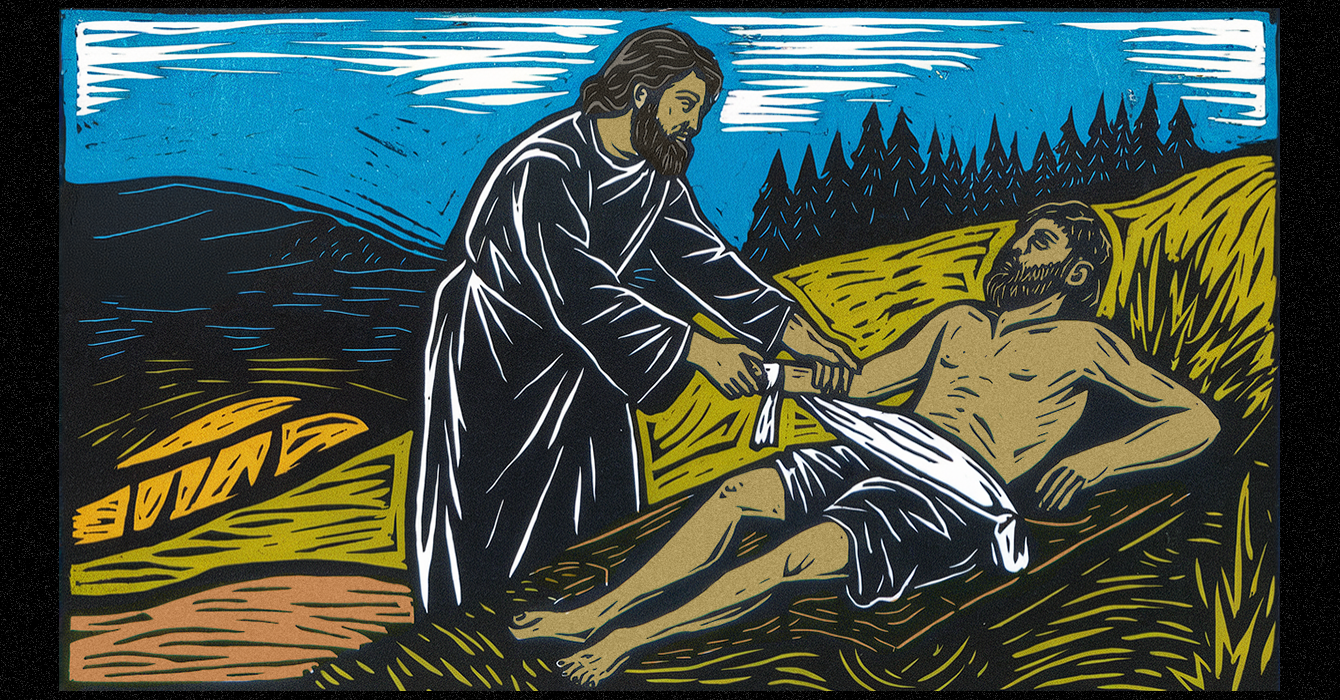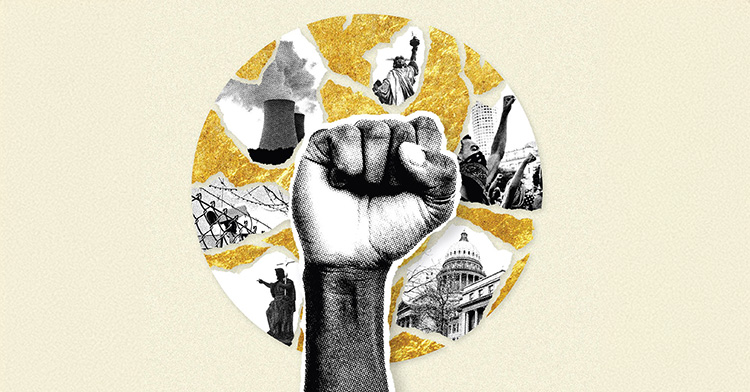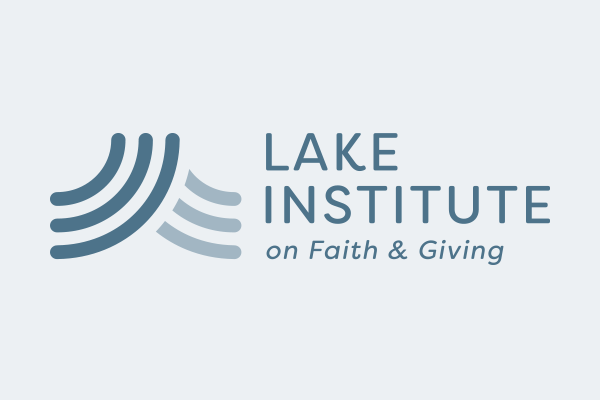Update: In June 2015, Maggy Barankitse was forced to flee Burundi and find refuge in Rwanda after participating in political protests. She continues her work in exile and has built Maison Shalom Rwanda and the Oasis of Peace, a community center for refugees and the surrounding community. She also created the Mahama Elite Center in Rwanda, which works in conjunction with the Mahama Refugee Camp to give refugees, especially children, the care and resources they need. Barankitse serves as chair of the board of directors of Maison Shalom International.
Marguerite “Maggy” Barankitse is a humanitarian who created Maison Shalom -- House of Peace -- out of the carnage of the Burundian genocide. In nearly 20 years of existence, Maison Shalom has grown to include schools, a hospital, agricultural cooperatives, a microfinance system and other projects.
Maison Shalom began after Barankitse saved 25 children orphaned in a horrific night of mass killing during the civil war between Tutsi and Hutu tribes.
But she has always been clear that her mission is not to build an orphanage or even to help children but rather to help raise them in God’s love and to create a new generation that will break the cycle of violence in her country. The mission of Maison Shalom has expanded to the communities in which the children live, and its holistic initiatives seek to improve the lives of all people.
Barankitse has received many honors, including the UNHCR Nansen Refugee Award, the Opus Prize and the Fondation Chirac Prize for Conflict Prevention. Barankitse received an honorary degree from Duke University at its commencement ceremony in May 2013, when she also spoke at Duke Divinity School.
While on campus, Barankitse was interviewed by journalist David Crabtree about her work with Maison Shalom. Their conversation is presented in a 20-minute video.
Excerpts from that same interview can also be viewed by topic in a series of short video clips. In them, she talks about her phrase “Love made me an inventor,” why she built what she did at Maison Shalom, how she found the courage to create an innovative institution, her own struggles with God, the importance of forgiveness, and her view that life is a feast.
The following transcript has been edited for clarity.
Q: Because you have witnessed so much dying, is that why you built such a prominent morgue?
I have seen my brothers and sisters banalize their life, kill persons and go.
I have seen in 1993 dogs with the hands of my friends in their mouth. I have seen some people taking -- like that [gesturing] -- the machete.
Then I said, “I am Christian; I know that human life is sacred. How can I show to my brothers, Burundian brothers and others, that this life -- and even the body -- is always sacred; you can’t banalize it?” And it’s why I want to show that, and show mourning.
Because if you lost a very close friend or a father or a mom or a child, you need to take time and to pray, or to be concerned. Because it’s not just like animals; it’s sacred.
And that’s why this is very important for the hospital, for me, before a funeral, to go and to say goodbye, to take time to wash, to put on perfume.
This is very important. Because we are not animals or other; no, we are sacred, created [in the image] of God.

